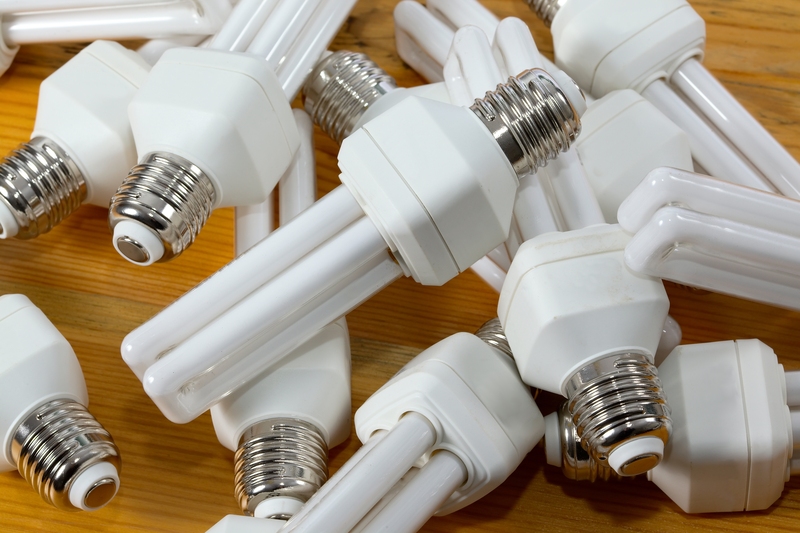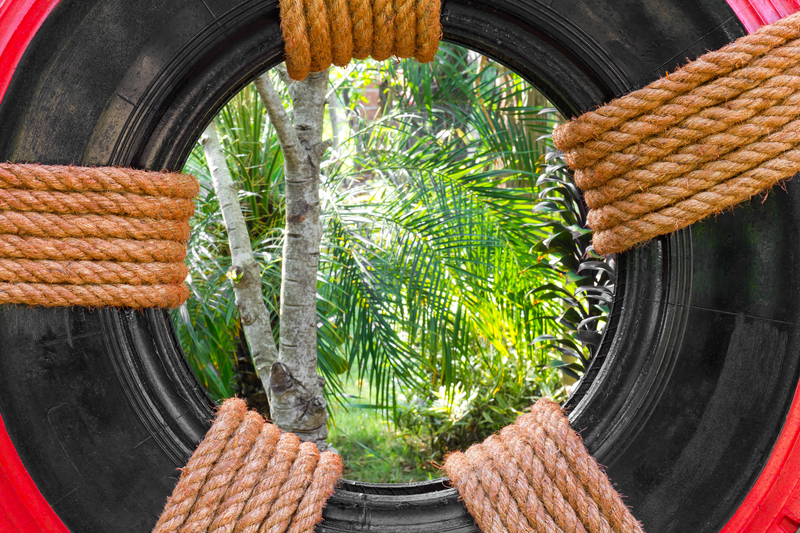Building Recycling Skills in Kids through Play: A Comprehensive Guide
Encouraging responsible waste management in children is a crucial step toward a greener, more sustainable future. One of the most effective ways to do this is by building recycling skills in kids through play. This approach combines fun with learning, making it easier for young minds to absorb vital lessons about recycling, upcycling, and environmental stewardship.

Why Teach Recycling to Kids?
Fostering a recycling mindset from an early age lays the foundation for lifelong eco-friendly habits. Children are naturally curious and absorb information readily through playful experiences. By emphasizing the importance of sorting waste and understanding recycling methods, we not only nurture personal responsibility but also help safeguard the planet for future generations.
Benefits of Teaching Recycling Through Play
- Engagement: Play-based learning is inherently enjoyable, ensuring kids stay interested.
- Retention: Children are more likely to remember lessons learned during interactive activities.
- Creativity: Recycling games and crafts stimulate imagination while imparting important skills.
- Habit Formation: Regular playful exposure helps transform recycling into a routine behavior.
- Social Skills: Group recycling games encourage teamwork and cooperation.
Key Principles of Teaching Kids About Recycling
Building recycling skills in children isn't just about telling them what to recycle; it's about nurturing a sense of environmental responsibility and making recycling a positive, enjoyable experience. Follow these guiding principles for optimal results:
- Make it Age-Appropriate: Tailor recycling lessons and games to suit your child's developmental stage.
- Be Consistent: Integrate recycling routines into daily life for reinforcement.
- Lead by Example: Children imitate adults; demonstrate sustainable practices in your home.
- Use Positive Reinforcement: Celebrate successes with praise or small rewards.
- Start Small: Simple acts, like sorting paper or rinsing out cans, set the stage for bigger commitments.
Fun Ways to Build Recycling Skills in Kids Through Play
Practical, playful activities make recycling tangible and meaningful. Here are engaging strategies for developing recycling habits through play:
1. Recycling Sorting Games
Transform recycling into a colorful game! Collect clean items typically headed for the recycling bin--plastic bottles, paper, cans, glass jars--and set up labeled bins or boxes. Challenge kids to sort items correctly, timing them or making it a friendly competition. Not only does this reinforce material identification, but it also helps children grasp the concept of recycling categories.
- Use real or toy items for hands-on experience.
- Discuss why certain things belong in each bin (e.g., "Why can't we recycle greasy pizza boxes?").
- Add a memory twist: after the game, ask kids to name three things that go in each bin.
2. Upcycling Crafts and DIY Projects
Upcycling is a creative form of recycling where "waste" materials find new life as useful or decorative objects. Give children safe household items (cardboard tubes, egg cartons, bottle caps) and challenge them to turn trash into treasure.
- Make bird feeders from plastic bottles or milk cartons.
- Create robots or vehicles from cardboard boxes.
- Paint and decorate glass jars as storage containers.
- Host a family "upcycled art show" to display creations.
3. Recycling-Themed Board and Card Games
Play-based learning can include tabletop recycling games designed for families. Many board games and card sets explore sorting waste, reducing trash, and environmental trivia. These are ideal for rainy days or family nights, providing both fun and education.
4. Nature Scavenger Hunts
Organize a park or yard cleanup with a playful twist:
- Give kids a list of recyclable items to find (e.g., cans, plastic bottles, paper litter).
- Provide gloves, bags, and a challenge--to see who collects the most recyclable items in a set time.
- Sort and discuss the findings at the end, emphasizing proper disposal and recycling benefits.
5. Digital Recycling Games and Apps
Incorporate technology by exploring kids' recycling apps and online games. Many are designed for building recycling knowledge with interactive quizzes, virtual sorting, and story-based learning. Some popular options include:
- "Gro Recycling" (mobile app)
- "Recycle Roundup" (online game)
- "Sort It Out" (free browser game)
Educational Activities for Home and School
Learning about recycling doesn't have to be limited to the classroom. Whether you're a parent, teacher, or afterschool provider, you can foster waste-sorting skills in kids at home, school, or in your community.
Classroom Recycling Programs
- Set up classroom recycling and compost stations with clear, colorful labels.
- Assign rotating "Recycling Monitor" duties to students.
- Launch recycling challenges and track progress on a wall chart.
- Invite local recycling experts for presentations or virtual tours of recycling centers.
Home-Based Recycling Routines
- Create a family "recycling spot" in the kitchen or garage.
- Make sorting and rinsing recyclables part of daily chores.
- Hold monthly "recycling inspections" with small rewards for correct habits.
Community Recycling Events
- Organize neighborhood cleanups or recycling drives.
- Participate in local environmental fairs or Earth Day events.
- Encourage kids to design posters or flyers promoting local recycling initiatives.
The Role of Storytelling and Media
A great way to reinforce recycling lessons is through eco-conscious storytelling, books, and videos. Stories about recycling heroes, animals saving their habitats, or the journey of waste materials to new products can inspire children to act thoughtfully.
- Choose storybooks that highlight recycling skills and environmental problem-solving.
- Watch documentaries or short animated videos on recycling processes.
- Encourage children to make up their own recycling-themed stories and perform puppet shows or plays.
Troubleshooting Common Challenges
Teaching recycling skills to young children comes with obstacles, but persistence pays off. Here's how to handle common issues:
- Confusion Over Materials: Use pictures or real items for visual aids, and keep rules simple.
- Lack of Interest: Keep things lively with games, silly songs, or rotating activities to maintain enthusiasm.
- Forgetting Steps: Place reminder labels on bins and repeat instructions regularly.
- Parental Inconsistency: Involve the whole family in recycling routines for greater consistency and impact.
Tips for Fostering a Lifelong Recycling Habit
- Model sustainable practices daily and narrate your actions aloud.
- Involve kids in the whole process - from rinsing containers to taking bins outside on collection day.
- Celebrate small achievements with praise, stickers, or certificates.
- Explore advanced topics as kids grow older, such as composting, electronic waste, and minimalism.
- Stay updated on recycling rules in your area and explain why these can differ by location.

Top Resources for Teaching Recycling to Children
Explore these websites and organizations for inspiration, printables, games, and lesson plans to take your recycling education through play to the next level:
- EPA's Recycle City - Interactive city map for kids.
- National Geographic Kids - Facts and tips for children.
- Recycle Now Kids Zone - Quizzes and games for UK families.
- Scholastic's Fun Ways to Teach Recycling
- TinkerLab Creative Reuse Ideas
The Takeaway: Empowering Kids as Recycling Champions
By building recycling skills in kids through play, we make environmental stewardship accessible, enjoyable, and relevant. Through hands-on activities, games, creative projects, and consistent routines, children internalize lessons that will guide them for life. Remember: every bit of effort today plants the seeds for a cleaner, brighter tomorrow. Let's empower our young ones to become confident, environmentally conscious citizens--starting with playful recycling skills that will last a lifetime.
Start today, have fun, and watch your kids become the environmental leaders of tomorrow!
```